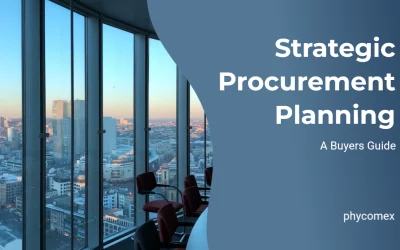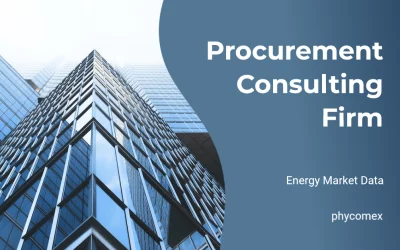Procurement is a complex and challenging profession that demands a high level of multitasking, risk management, and stakeholder engagement. Procurement professionals often face intense pressure to deliver results while navigating a fast-paced and ever-changing environment.
As a result, many procurement professionals experience chronic workplace stress, which can lead to burnout, a state of physical, emotional, and mental exhaustion. Burnout can have serious consequences, including reduced efficacy, job dissatisfaction, and even physical and mental health problems.
To overcome procurement burnout and achieve long-term career success, building resilience is essential. Resilience is the ability to bounce back from setbacks, adapt to change, and stay productive despite challenges.
The REVAMP model, which focuses on Relationships, Engagement, Vitality, Accomplishment, Meaning, and Positive emotions, can help procurement professionals build resilience and manage overwhelm. This article will explore the challenges in procurement, the consequences of burnout, and the strategies to build resilience and achieve a healthy and sustainable career in procurement.
Key Takeaways
- Procurement is a complex and challenging profession that can cause burnout due to the pressure to deliver results in a fast-paced and ever-changing environment.
- To manage burnout, individuals in procurement should prioritize their mental health and energy levels, improve workflow, and reassess their roles. Coping strategies and work-life balance are crucial for procurement professionals to avoid burnout and maintain their effectiveness in their roles.
- The REVAMP model can help procurement professionals build resilience and manage overwhelm by focusing on relationships, engagement, vitality, accomplishment, meaning, and positive emotions. Seeking support from colleagues, managers, or a mental health professional can also be beneficial in managing burnout and building resilience in procurement.
- Practicing self-care by setting boundaries, taking breaks, and engaging in activities outside of work can help individuals maintain a healthy work-life balance. To build resilience in procurement, individuals can focus on cultivating positive relationships with colleagues and building a supportive network. Engaging in meaningful work and setting achievable goals can also increase motivation and improve overall well-being.
Challenges in Procurement
Procurement professionals face a variety of challenges in their day-to-day work. One of the primary challenges is managing multiple projects simultaneously. Procurement teams are often responsible for managing contracts and relationships with vendors across multiple projects, which can be overwhelming.
Additionally, procurement professionals operate in a demand-driven environment, where deadlines and expectations are high. This can lead to stress and burnout if not managed properly. Furthermore, procurement professionals must handle high-risk and high-value contracts, which can add to the pressure and stress of the job.
Leading large roll-outs or implementations can also be a daunting task, as it requires careful planning, coordination, and communication with stakeholders, customers, and clients. Coping strategies and work-life balance are crucial for procurement professionals to avoid burnout and maintain their effectiveness in their roles.
Managing Burnout
Navigating the treacherous waters of chronic workplace stress can leave one feeling like a ship lost at sea, adrift and directionless. Burnout is a common result of chronic workplace stress and can manifest in energy depletion, mental distance, negativism, and reduced efficacy.
To manage burnout, individuals in procurement should prioritize their mental health and energy levels, improve workflow, and reassess their roles.
Coping strategies can also help individuals manage burnout. The REVAMP model, which focuses on Relationships, Engagement, Vitality, Accomplishment, Meaning, and Positive emotions, can help individuals build resilience and overcome burnout.
Seeking support from colleagues, managers, or a mental health professional can also be beneficial in managing burnout and building resilience in procurement.
By implementing coping strategies and seeking support, individuals can navigate the challenges of procurement while maintaining their mental and emotional well-being.
Building Resilience
The development of coping strategies and seeking support from colleagues and mental health professionals can aid individuals in effectively managing chronic workplace stress. In the procurement industry, where high-stakes negotiations and high-pressure deadlines are common, building resilience is crucial to prevent burnout.
Stress management techniques, such as mindfulness meditation and exercise, can help individuals manage the effects of workplace stress. Additionally, practicing self-care by setting boundaries, taking breaks, and engaging in activities outside of work can help individuals maintain a healthy work-life balance.
To build resilience in procurement, individuals can also focus on cultivating positive relationships with colleagues and building a supportive network. Engaging in meaningful work and setting achievable goals can also increase motivation and improve overall well-being.
Finally, taking time to reflect on accomplishments and positive emotions can help shift the focus away from stress and burnout, leading to increased resilience and job satisfaction. By prioritizing stress management and self-care, individuals in procurement can build the resilience necessary to navigate the challenges of the industry and avoid burnout.





0 Comments